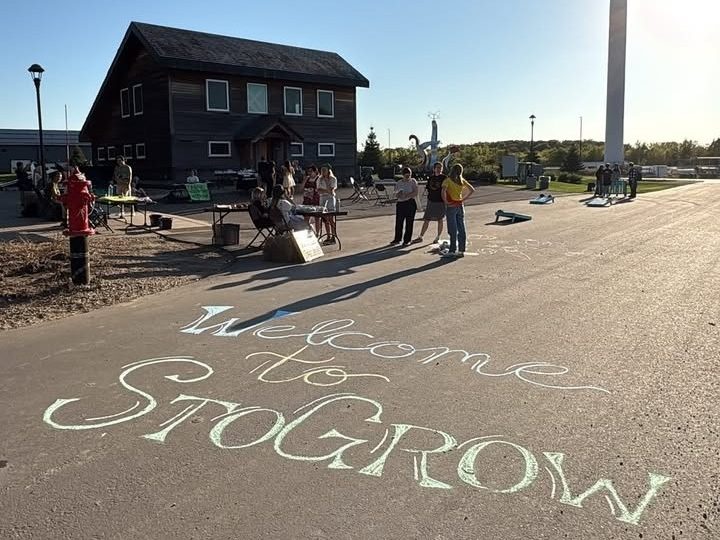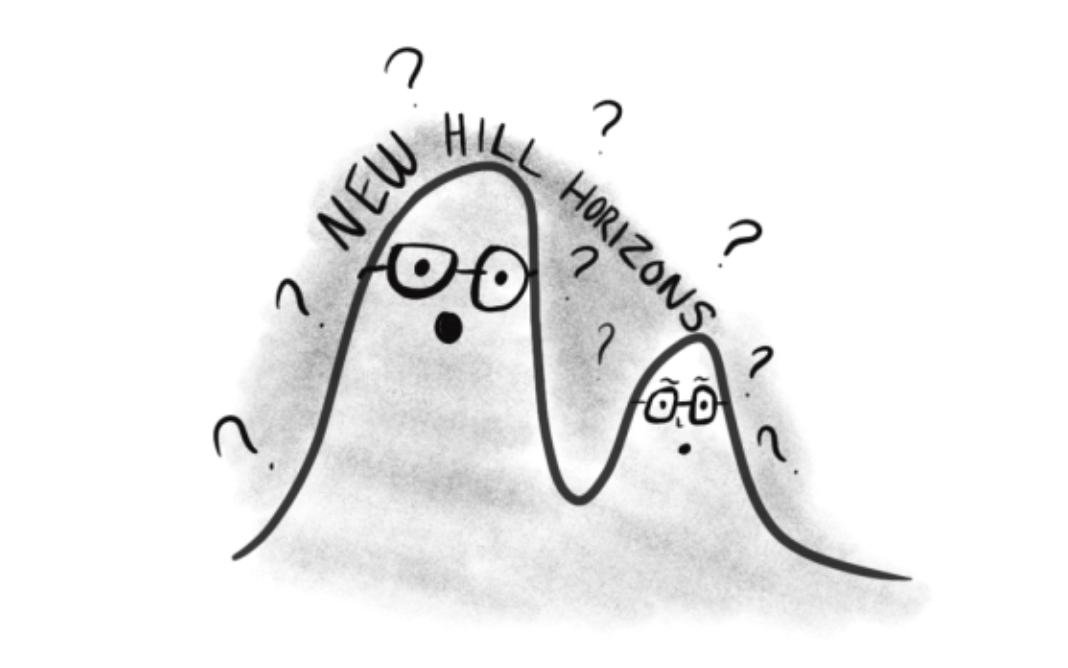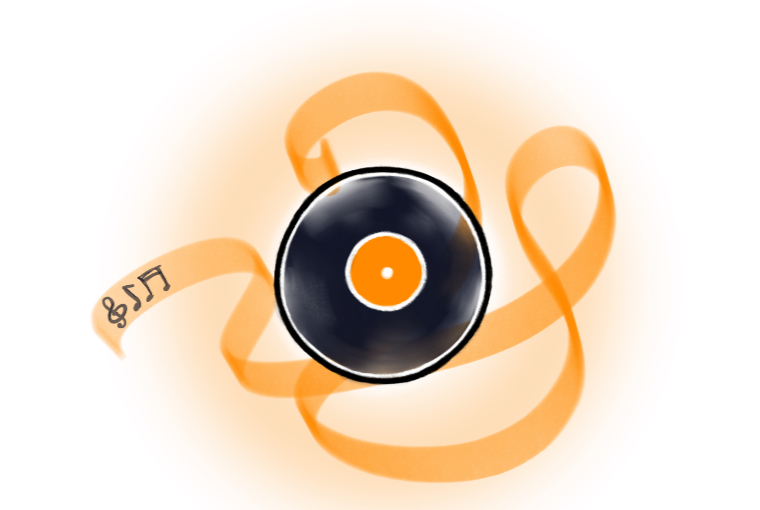After an almost three-year long hiatus, indie singer Mitski emerged from her hidden life in Nashville, Tenn., to release her sixth studio album, “Laurel Hell,” on Feb. 4. This album completely breaks from her previous musical style — jumping from indie pop to ’80s synth — and the topics in the album are something entirely new to Mitski.
“Laurel Hell” is an album about Mitski’s experience in the music industry. She’s had to deal with the expectations of capitalism and the harsh reality of being a celebrity. Almost every single song on this album is about this topic, and even the title, “Laurel Hell,” depicts the painful hell of being trapped in the branches of a beautiful but thorny laurel bush. Since Mitski is known for encrypting her music with deeper meanings and messages, Mitski fans have been busy analyzing what this album means for the world of Mitski’s discography.
In some ways, “Laurel Hell” grows on Mitski’s previous discography. The “high” and “low” in “Working for the Knife” connect to “Thursday Girl,” and the age regression we see in “Everyone” can go as far back as “Class of 2013” and “First Love/Late Spring.” Most notably, this album blossoms the buds planted in “Nobody” from Mitski’s previous album, “Be the Cowboy.” Songs like “Should’ve Been Me” and “The Only Heartbreaker” copy the same mold as “Nobody”: happy, upbeat music accentuated by casually terrifying lyrics.
Despite these similarities, “Laurel Hell” realistically resembles something strange, bizarre, and unnatural to Mitski. For the first time ever, Mitski has released songs with monotonous, repetitive melodies — “Everyone,” “There’s Nothing Left for You,” and “I Guess” first come to mind. These songs sound nothing like Mitski’s usuals. She also explores specific symbols like “the dark” and “feeling clean” in this album. Symbols like this — simultaneously surface level and cryptic — have never appeared in previous songs.
At first, these new changes are confusing and troubling. Mitski fans everywhere felt like they were conned out of a potential second coming of “Puberty 2.” However, this would never be possible. Mitski went into retirement after “Be the Cowboy” and was forcibly pulled out by her record label Dead Oceans. Mitski did not want to make Laurel Hell, and it shows. The entire album feels like Mitski is manically flopping and flailing on a stage in front of us — the exact scene at the end of the music video for “Working for the Knife” — or watching paint dry. One song will thrust me into a dance routine of kicks and crying, but the next song will make me roll into a ball unable to shed a tear.
My point is, this album has so little structure that it feels unsettling, and I’m worried for Mitski. This album flops compared to her previous music, but I don’t even think I could compare the contents of “Laurel Hell” to anything else she’s recorded. This album just doesn’t fit in and doesn’t make sense.
Of course, I’m still going to give it five Big Oles. After ripping into this album’s stomach, I’m ready to give Mitski’s final album the praise it deserves. This album is a stand-alone. Because it does not fit into Mitski’s world, it must be examined as an individual piece of artwork that sits on a pedestal alone in a room.
This album, when listened to from start to finish, leaves the listener feeling dazed and impaled. I imagine that this is what it’s like watching someone die in front of you and then promptly being murdered yourself. It would be sad to listen to just Mitski’s cries for help, but she frames her struggles with capitalism and the music industry in a way that makes it sound like she’s in a romantic relationship. Songs like “There’s Nothing Left for You” and “I Guess” are clearly about her fame, but without context they sound just like breakup songs.
And that’s just it, isn’t it? Mitski has been able to give her entire vulnerability to the world and make it our own. She is able to describe our most disturbing and haunting feelings in ways we never knew existed. Mitski invents deeper and darker pain for us to experience, and she is able to flawlessly heal us in the same stroke. “Laurel Hell” is for Mitski, but she also lets us into her world and makes it ours together. Not many artists can do that, and, for that, “Laurel Hell” deserves five out of five Big Oles.
5/5 Big Oles






